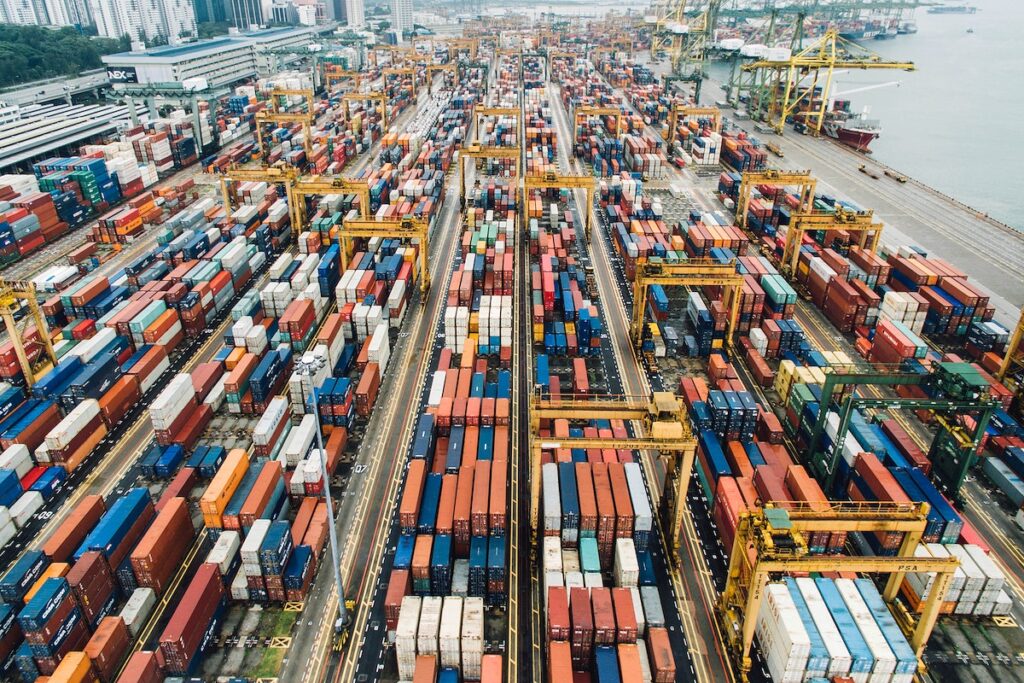
The U.S. East Coast and Gulf Coast are set to experience a significant disruption, as the International Longshoremen’s Association (ILA) has confirmed that a strike will begin at midnight on Tuesday. This marks the first coast-wide strike since 1977, potentially shutting down 36 major ports from Maine to Texas.
The strike, driven by wage disputes and disagreements over port automation, could halt nearly half of the country’s ocean shipping, severely impacting supply chains. The United States Maritime Alliance (USMX), representing employers in the longshore industry, has been accused by the union of refusing to address long-standing wage concerns.
The effects of the strike are expected to ripple through the U.S. economy, with delays in the delivery of essential goods ranging from food to automobiles. As businesses brace for the impact, logistics companies are scrambling to move as much cargo as possible before the strike deadline. With ports like New York/New Jersey, Savannah, and Houston being key gateways, a prolonged strike could increase costs for consumers and potentially stoke inflation, especially with the holiday season approaching.
The Biden administration, while monitoring the situation closely, has indicated it will not invoke the Taft-Hartley Act, a law that allows the president to intervene in labor disputes to protect national security or safety. President Biden has stated his belief in collective bargaining and remains hopeful that a fair agreement can be reached.
This strike comes at a critical time, just weeks before the U.S. presidential election, and could weigh heavily on voter sentiment, especially given its potential to impact jobs and consumer prices. Businesses and industry groups have urged both sides to negotiate an agreement to avoid further economic disruption.
The longer the strike continues, the more costly it could become. Economists estimate that the strike could cost billions of dollars per day, affecting businesses and consumers across the country
